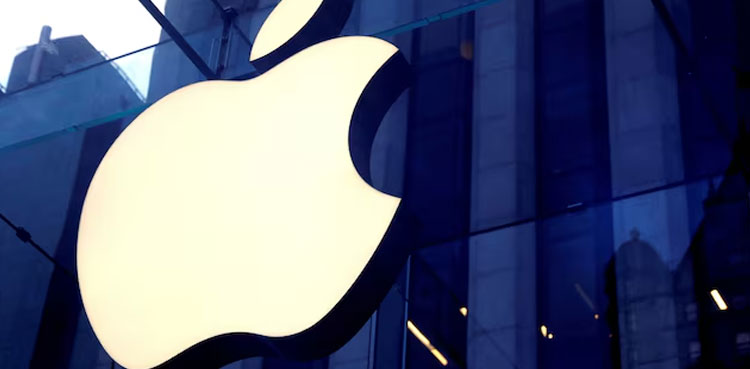
The Democratic Republic of Congo has filed criminal complaints against Apple (AAPL.O), opens new tab subsidiaries in France and Belgium, accusing the tech firm of using conflict minerals in its supply chain, lawyers for the Congolese government told Reuters.
Apple strongly disputes the allegations and says it has told its suppliers they must not use the minerals in question sourced from Congo or Rwanda.
Congo is a major source of tin, tantalum and tungsten, so-called 3T minerals used in computers and mobile phones. But some artisanal mines are run by armed groups involved in massacres of civilians, mass rapes, looting and other crimes, according to U.N. experts and human rights groups.
Apple does not directly source primary minerals and says it audits suppliers, publishes findings and funds bodies that seek to improve mineral traceability.
Its 2023 filing on conflict minerals, opens new tab to the U.S. Securities and Exchange Commission said none of the smelters or refiners of 3T minerals or gold in its supply chain had financed or benefited armed groups in Congo or neighbouring countries.
After the cases were filed on Tuesday, Apple said in a statement that it strongly disputes the claims.
“As conflict in the region escalated earlier this year we notified our suppliers that their smelters and refiners must suspend sourcing tin, tantalum, tungsten, and gold from the DRC and Rwanda,” Apple said in its statement, using an abbreviation for Congo’s full name.
“We took this action because we were concerned it was no longer possible for independent auditors or industry certification mechanisms to perform the due diligence required to meet our high standards.”
Apple said that the majority of the minerals in question in its products are recycled.
“We recognize the situation in the region is very challenging and we have increased our support to organizations that do vital work helping communities,” Apple said.
International lawyers representing Congo argue that Apple uses minerals pillaged from Congo and laundered through international supply chains, which they say renders the firm complicit in crimes taking place in Congo.
In parallel complaints filed to the Paris prosecutor’s office and to a Belgian investigating magistrate’s office on Monday, Congo accused local subsidiaries Apple France, Apple Retail France and Apple Retail Belgium of a range of offences.
These include covering up war crimes and the laundering of tainted minerals, handling stolen goods, and carrying out deceptive commercial practices to assure consumers supply chains are clean.
“It is clear that the Apple group, Apple France and Apple Retail France know very well that their minerals supply chain relies on systemic wrongdoing,” says the French complaint, after citing U.N. and rights reports on conflict in east Congo.
Read more: Apple plans to launch iPhone 17 with slimmest design
Belgium had a particular moral duty to act because looting of Congo’s resources began during the 19th century colonial rule of its King Leopold II, said Congo’s Belgian lawyer Christophe Marchand.
“It is incumbent on Belgium to help Congo in its effort to use judicial means to end the pillaging,” he said.
The complaints, prepared by the lawyers on behalf of Congo’s justice minister, make allegations not just against the local subsidiaries but against the Apple group as a whole.
France and Belgium were chosen because of their perceived strong emphasis on corporate accountability. Judicial authorities in both nations will decide whether to investigate the complaints further and bring criminal charges.
In an unrelated case in March this year, a U.S. federal court rejected an attempt by private plaintiffs to hold Apple, Google, Tesla, Dell and Microsoft accountable for what the plaintiffs described as their dependence on child labour in Congolese cobalt mines.
from ARY NEWS https://ift.tt/kOM5VQa
via IFTTT

0 Comments